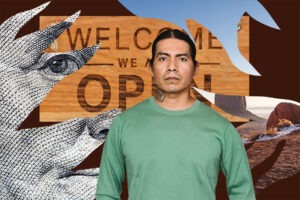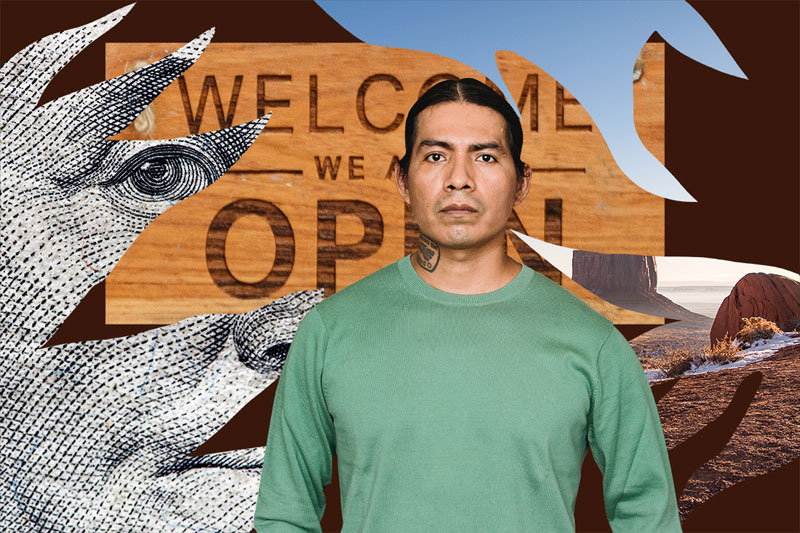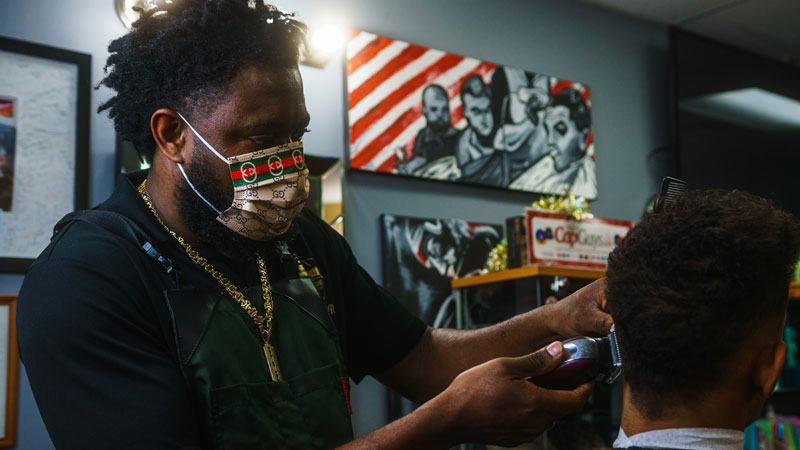March 31, 2011-April 1, 2011; Source: Skoll World Forum | Later this month, the University of Oxford will be hosting the Skoll World Forum on Social Entrepreneurship. A publicist at the university has been sending out e-mail teasers on some of the scheduled workshops and speakers to tee up interest. Among the interesting speakers (and their interesting thoughts) on the agenda are these:
Sign up for our free newsletters
Subscribe to NPQ's newsletters to have our top stories delivered directly to your inbox.
By signing up, you agree to our privacy policy and terms of use, and to receive messages from NPQ and our partners.
- Promoting a concept called the Social Enterprise Limited Liability Partnership (SELLP) concept in the U.K., Arthur Wood of Total Impact Advisors contends, "It is no longer helpful for us to define organisations as ‘for-profit’ or ‘not-for-profit’ as increasingly we are seeing hybrids . . . and commercial firms with a social agenda . . . (T)he legal and financial structures that have grown up around the distinction between the for-profit and non-profit sectors are actually discouraging many organisations from working together for social good . . . "
- Kevin Starr of the Mulago Foundation cautions technology enthusiasts that "(f)or a technology to be part of a real solution, it has to answer to a real need, work well in real-life conditions, reach those who really need it, and be used correctly. The right technology can amplify the impact of a great idea, but a bad idea amplified by technology is just a louder bad idea."
- ARZU's Connie Duckworth, who works on innovative start-ups in rural areas in Afghanistan, has become embedded, so to speak, in the U.S. Marines "Expeditionary Economics" program to help the military better understand how to rebuild local economies. She explains, "The military are the first on the scene after conflict, and often they are the only feet on the ground for some time. The development experts often cannot, or will not, enter these zones because of security concerns. It increasingly falls to the military therefore to start addressing the social issues they find after conflict. In particular, they want to start work on seeding economic activity to support the regeneration of communities. Once this is underway, and the areas are safe, the NGOs can move in with their expertise to pick up the role, and the military can hand over."
As entrepreneurs, these and the other Skoll World Forum speakers are not shy about selling and self-promoting. That's part of the entrepreneurial spirit. One hopes that conference participants will challenge the entrepreneurs to be analytical and self-critical about the real life limitations of their social enterprises.—Rick Cohen












